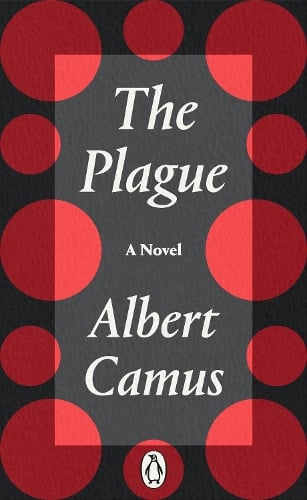Camus' The Plague shows the worth of 'the path of sympathy' in troubling times. The novel's message of love and connection is a powerful reminder of what makes life worth living.
The Philosopher's Magazine review emphasizes the novel's exploration of sympathy and connection in times of crisis. The review highlights the character Rieux's statement that 'a loveless world is a dead world,' underscoring the importance of human connection and empathy. The novel's message of love and connection is seen as a powerful reminder of what makes life worth living, even in the face of suffering and adversity. The reviewer appreciates the novel's ability to convey these themes in a way that resonates deeply with readers.
Quick quotes
Camus' The Plague shows us the worth of 'the path of sympathy' in these troubling times.
Rieux says, that 'a loveless world is a dead world'.
The novel's message of love and connection is a powerful reminder of what makes life worth living.
